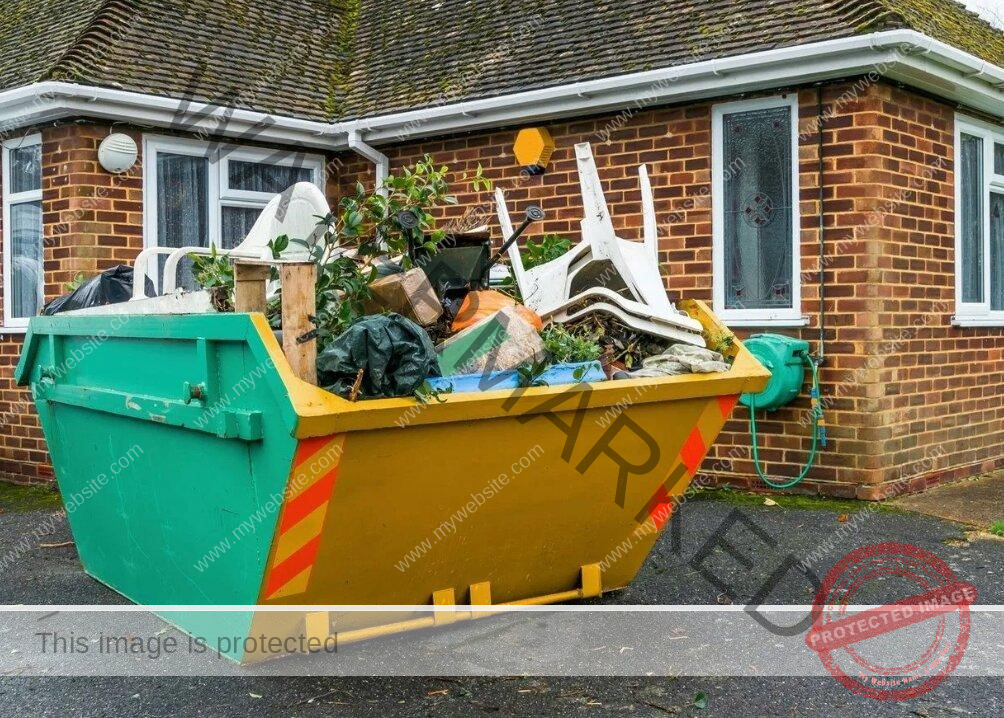It may be a garden clearance, remodelling or decluttering, tackling house projects calls for the perfect skip to ensure effective trash disposal. Choosing the right size and kind of skip helps you to save time and effort by guaranteeing cost-effectiveness and convenience. With a range of skips designed for various project demands, Wigan skip hire makes waste disposal simple. But with several possibilities accessible, you should weigh skip size, waste kind, and permission specifications before voting. The seven main ideas in this manual will help you select the ideal skip for your home project, guaranteeing a free and environmentally friendly garbage removal process.
Evaluate the Range of Your Project
Consider the scope of your project before hiring a skip to help you estimate the volume of rubbish you will produce. A mini skip (2-4 cubic yards) might suffice for smaller jobs such as garden trimming or a single-room clean-out. Bigger projects like major landscaping or house repairs might call for a builder’s skip (6-8 cubic yards) or perhaps a roll-on roll-off container for significant trash. Underestimating could force a second skip, but overestimating might lead to pointless expenses. Also, take into account the length of your project; some skip hire companies provide adjustable rental periods that would be quite useful for longer projects.
Choose the Appropriate Skip Size
Efficiency and cost-cutting depend on the right skip size. From tiny (2-4 cubic yards) to big (12-16 cubic yards), skips vary. Small clearances call for a mini skip; medium-sized jobs like kitchen refits call for a midi skip (4-6 cubic yards). For significant renovations, a maxi skip (8-12 cubic yards) can accommodate more weight. Always choose a somewhat bigger size if unsure, as overfilling a skip is forbidden and could cost extra. Talking with a skip hire company will enable you to make an educated selection depending on your particular requirements.
Know Waste Type Limitations
Not all garbage can go in a regular skip. Specialist disposal is often required for hazardous materials such as chemicals, asbestos, and electrical equipment. Similarly, soil, plasterboard, and tires might require different skips or extra charges. To prevent fines, always consult your skip hire firm about restricted materials. Good waste separation guarantees environmentally friendly disposal and adherence to local laws. Check whether the supplier provides segregated recycling choices if your project calls for mixed waste to reduce ecological effects.
Review Permit Specifications
Planning to set the skip on a public road or pavement suggests you probably need a license from your neighbourhood council. Though some help with this procedure, you are ultimately in charge of making sure the rules are followed. Since permits can take a few days to arrange, include this in your project timeline. Private property placements like driveways usually don’t call for permits, but make sure delivery and collection have adequate room. Not having a license could lead to penalties or the unexpected removal of the skip.
Evaluate Pricing and Hidden Expenses
The size, duration, and location of a skip will all affect its hire cost. Always ask for a thorough estimate to prevent surprise costs such as permissions charges or extra rental periods, overfilling fees. While some companies charge independently, others provide inclusive pricing covering delivery, collection, and disposal. The best value comes from comparing several suppliers. Furthermore, examine for environmentally friendly disposal plans; responsible garbage management can occasionally affect costs.
Share Skip Placement Thoughtfully
For safety and access, the appropriate site for your skip is essential. Make sure the region is level, stable, and free from interfering with low-hanging trees or parked cars. If placing on a driveway, shield the surface with lumber planks to avoid damage. Utilise safety lights and markings for road placements as local rules call for. Good placement prevents collection and delivery delays, therefore maintaining your project on schedule.
Hire from a Renowned Supplier
Choosing a reputable skip hire company guarantees excellent service and adherence to garbage disposal regulations. Seek suppliers with good ratings, clear pricing, and appropriate licenses. The process will be smooth as a reliable firm advises on skip selection, permissions, and trash limits. Steer clear of unlicensed operators; improper garbage disposal could have legal ramifications.
Think about Recycling Regulations and Environmental Effects
Selecting a company that gives environmentally friendly trash disposal top priority is vital when renting a skip. Renowned businesses cut landfill contributions by recycling a large amount of gathered garbage. Inquire about their recycling procedures; several skips are sorted for wood, metal, and concrete exteriors that may be repurposed. Steer clear of businesses that carelessly throw away garbage since doing so might damage the surroundings and perhaps violate laws. Check if the skip hire company provides composting options if your project calls for green waste like garden debris. Choosing an environmentally friendly company helps you sustain and helps you reduce your waste wisely.
Conclusion
Selecting the ideal skip for your house project calls for prudent planning about size, waste kind, licenses, and provider dependability. Evaluating your requirements and familiarizing yourself with the employment process will help you to guarantee proper garbage disposal and a stress-free experience. Whether it’s a minor clearance or a big renovation, the correct skip makes a world of difference in maintaining the environment and order of your work.

